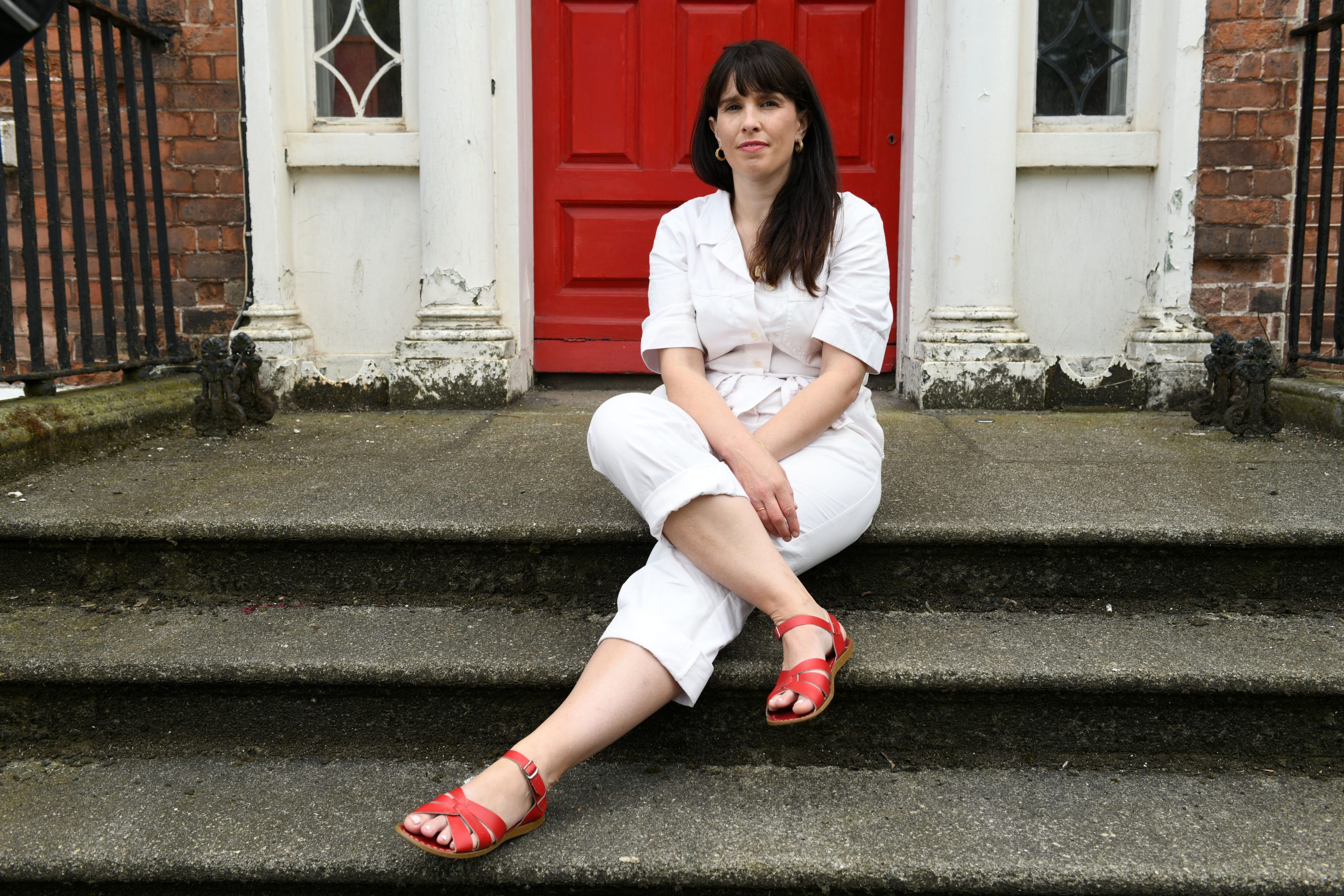Last week, there was another indication of how the new normal might be like the old normal. Fingal Council voted on Wednesday night to allow the disposal of public land to the developer Glenveagh which will lead to the building of 1,200 homes in North County Dublin. There are, it seems, two sides – and two sides only – in any housing issue, at least on social media. Sinn Fein and Social Democrat councillors had been among the nine councillors who voted against the deal, something that was used against Sinn Fein in particular. As Fine Gael and Fianna Fail…
Cancel at any time. Are you already a member? Log in here.
Want to read the full story?
Unlock this article – and everything else on The Currency – with an annual membership and receive a free Samsonite Upscape suitcase, retailing at €235, delivered to your door.

